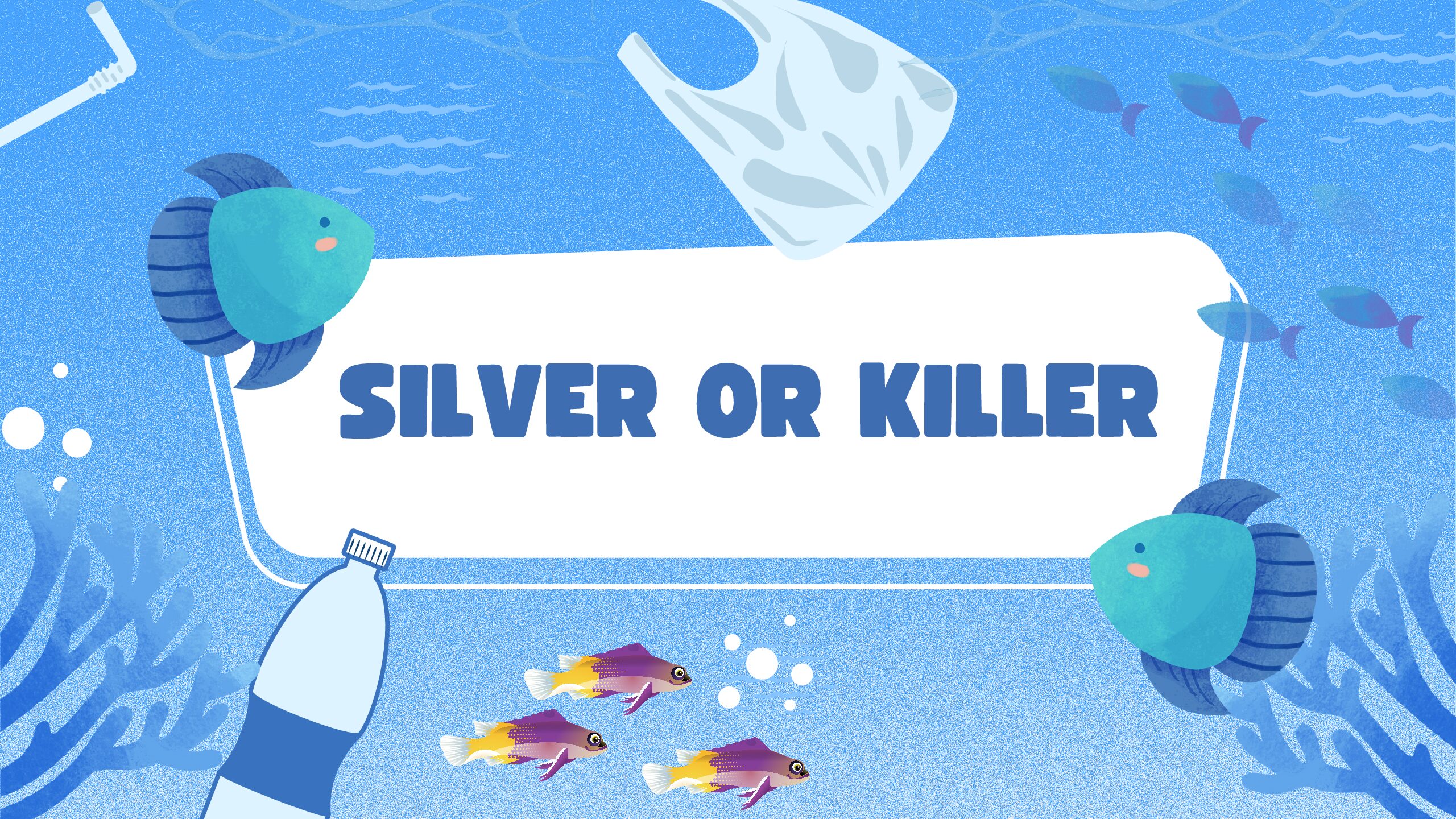
By Lewis MacPherson
The Pacific Northwest boasts the intersection of flowing navy-blue rivers, luscious green rolling hills, snow-capped mountains, ambient fields of wildflowers, and miles of hundred-foot-tall trees. In my hometown in Oregon, thrust amongst this picturesque scene of nature, we share the common understanding of our duty to our surrounding home; protect the nature that sustains our life. In places like Oregon where the planet unveils its wealth of natural beauty, the effects of the climate crisis are most apparent. Coming to the Midwest for college, I was shocked at the lack of environmental awareness, namely in terms of waste production. At our school, there are extremely limited recycling options and single-use plastics are plentiful.
It is entirely likely the plastic fork dumped into the trash at the end of your meal at the dining hall landed in a waterway where the microplastic contaminated drinking water. Or it found its way to an ocean and was the assassin of an endangered marine animal. These are worst case scenarios. The best possible trajectory for that fork’s life after it is thrown in the trash is to arrive at an incinerator or the landfill. The incinerator, powered by massive amounts of non-renewable energy, would churn the fork into a cancer-causing pollutant and leave behind a toxic ash that could seep into nearby soil and waterways. Sitting in the landfill, the fork would take 1,000 years, if ever, to decompose, and will contaminate soil and groundwater while it sits there. Every time you pick plastic utensils, the effects compound.
You can choose to make a difference. Silverware is available at the dining hall, so opt for it instead of plastic utensils. While choosing plastic might not be putting a hit out on an animal’s life, five years from now the toxic microplastics it emits could end up in your cup as you fill it at the tap or spewing over you as you shower.
The choice would be far easier if it wasn’t a decision at all. Why does the dining hall even offer plastic utensils? Many students eat their DU To-Go orders in the dining hall, where they could use silverware. Residents who take food back to their rooms and commuters who take their food orders home could use reusable utensils. Even those eating on the go or who are not comfortable with the dining hall’s metal cutlery cleaning process could bring silverware from home as part of their routine.
The same plastic fork you throw away in the dining hall could come full circle, knocking at your doorstep, returning to wreak havoc on your health as it already did on the environment. Doing away with plastic utensils might serve as a hint for how simple it can be to remove other single-use plastics from your everyday routine. Choosing silver over plastic utensils at the dining hall may not save every endangered species or keep the air pollutant-free, but it gets us one step closer.



